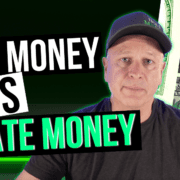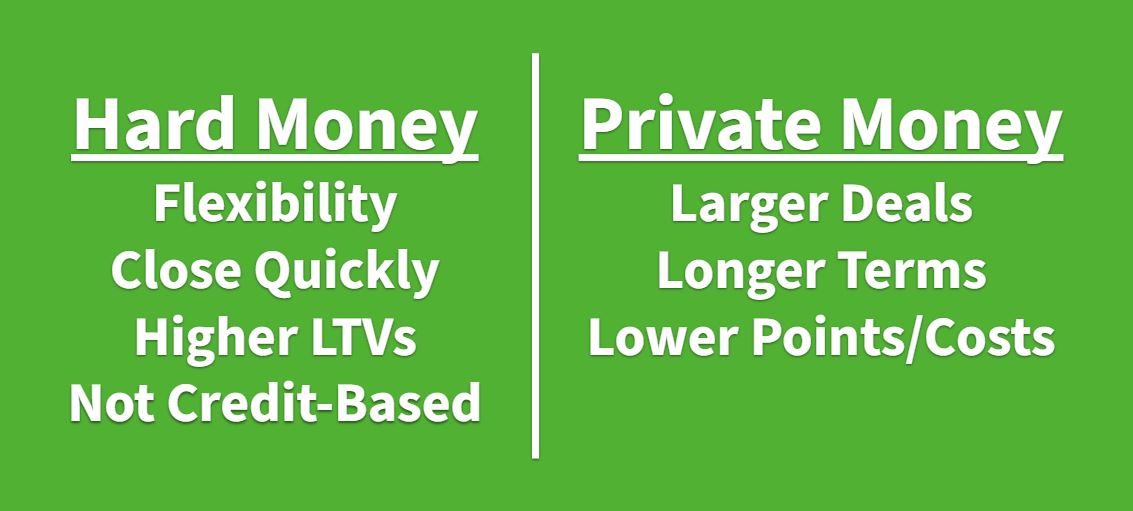Why Do Lenders Sometimes Reject Your Real Estate Investment?
It’s important to learn about what lenders consider ‘bad deals’ so that you can avoid those pitfalls and get the money you need for your real estate investment!
As a lender, our #1 goal is to make sure our investors are putting money into strong projects with relatively guaranteed returns. It’s in everyone’s best interest to be critical of questionable deals so that no one ends up in the hole.
Especially if you’re a new investor, you can learn a lot by talking to your lenders about what they’re looking for and how they determine the strength and safety of a real estate investment.
Today, let’s dive into some of the red flags that could get your investment rejected by a lender:
1. Tight Margins
Lenders look for a minimum 15% profit margin.
This means you’ll ideally need a loan for somewhere between 70-75% of the After Repair Value (ARV). That gives you a 25-30% buffer to cover interest, closing costs, and maintain that 15% profit margin.
A loan that crosses into 80-85% ARV territory is too close for comfort. With that large of a loan, your margins are slim, and the likelihood you’ll turn a profit gets increasingly unlikely.
Especially if you’re a new investor, you can feel a lot of pressure to get in the door and get moving. However, our 25+ years of investing experience has shown that it’s far better to do 1-2 good deals a year than 4 bad ones that could potentially lose you money.
Be patient and critical. Selecting projects with a comfortable profit margin of 15% or higher is a much safer investment than one that needs a 85% ARV loan.
Lenders want to see you make money. If you’re not making money, then your investment career will be short lived, and lenders want to see you set up for future projects.
2. Fuzzy on the Numbers
When you meet with a lender, you need to demonstrate that you understand how the numbers and money fit together. Show your lender that you understand…
- ARVs
- Scope of the project
- Purchase price
If you’re fuzzy on the numbers, it’s a red flag for lenders.
The less you know, the more risk your lender takes on by giving you money. Even if the deal has a good profit margin or ARV, if you can’t articulate and explain that, it’s a bad deal for your lender.
Take time to understand your own numbers. Be able to defend it as a good real estate investment!
It’s okay to ask questions and do research—you’re always welcome to reach out to us with your questions!
But do all that learning before you’re in a meeting, asking to borrow money.
3. Dishonesty
If you lie to your lender about anything, expect them to decline your deal the moment they find out.
It’s far better to be honest—about bankruptcy, foreclosure, credit card debt, savings, etc.—than to wait for us to find out.
Lenders need to be able to trust you, so don’t hide information from them.
If you’re a new borrower, it can be tempting to inflate your expertise, even to pretend you’ve done this before. Be honest that you’re starting out, but then show them that you understand the numbers and are prepared.
Dishonesty can ruin your reputation and relationship with a lender.
Even if there’s information you’d rather sweep under the rug, it’s better to be 100% honest.
The Bottom Line
At the end of the day, most lenders (including us!) want to work with honest people who know their numbers as they build wealth through real estate invesment.
In the current economy, banks are offering fewer loans, so building good relationships with smaller lenders is increasingly critical for successful investing.
If you have a deal you want us to look at, reach out to us at Info@HardMoneyMike.com. We also offer many tools and loan options that can help you learn more about investing.
Our goal is to partner with you so that all parties come out on top.
Visit our YouTube channel for educational videos about real estate investing.




